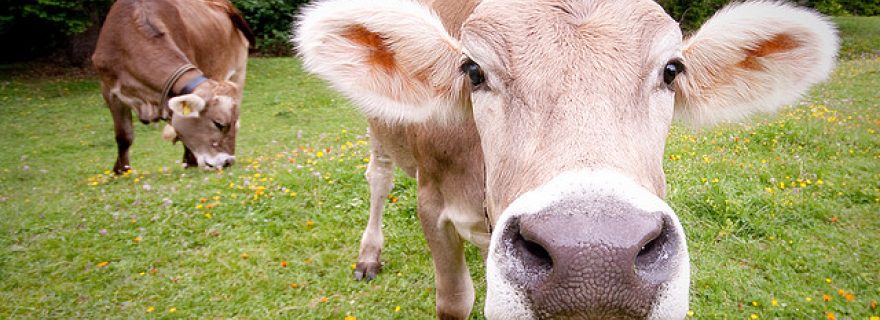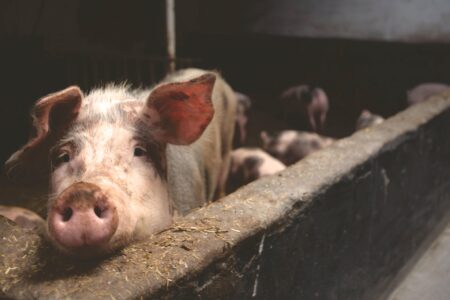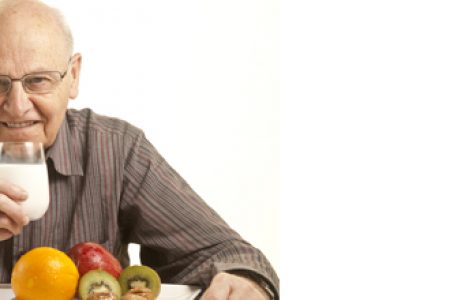Why we eat cows (and sometimes horses), but not dogs
Most people in Western culture have no problem with eating cows, pigs and chickens. However, the idea of eating dogs tends to disgust us. Why do we make such mental distinctions between ‘animals for eating’ and ‘animals not for eating’?
Over the past few months, Europe has been gripped by the ‘horsemeat scandal’. In the Netherlands horsemeat has been found in for instance Euroshopper ‘beef’ lasagna and Ikea’s Swedish meatballs. Perhaps characteristically for the Dutch, the typical response was not one of shock, but of pragmatism (“Oh well, meat is meat I guess…”).
The response would probably have been very different if it had been dog meat that was discovered in our Swedish meatballs. In Western culture, most people are revolted by the idea of eating dogs. But why is it that we make such mental distinctions between ‘animals for eating’, and ‘animals not for eating’?
In her acclaimed book Why we love dogs, eat pigs and wear cows, Dr. Melanie Joy explores the psychological mechanisms behind ‘carnism’: the ideology according to which eating certain animals is considered ethical and appropriate. The book starts with a thought experiment:
Imagine yourself at a dinner party with friends, enjoying a delicious meat stew. When you ask your friend for the recipe, she says: “You begin with five pounds of golden retriever meat, well marinated, and then…”
You might freeze mid-bite as you process these words: the food you are eating is from a dog. Would you shrug your shoulders and finish your meal? Or would you be so disgusted you lose your appetite, not even able to eat the vegetables around the meat, as if they were somehow ‘tainted’?
The role of empathy and disgust in the decision to eat animals
The experience of disgust is an important psychological mechanism influencing the decision to eat certain animals. In fact, disgust is considered one of the core moral emotions. According to Dr. Joy, generally the more empathy you feel for an animal, the more disgusted you are about the idea of eating it. Because most people feel more empathy towards dogs than cows we are more disgusted at the idea of eating dogs.
The hypothesis that empathy influences food choices through disgust is supported by anecdotal and scientific evidence from vegetarians. One vegetarian friend told me that to her the idea of eating dogs is equally disgusting as eating cows, and in fact even as disgusting as eating human flesh. Increased disgust at meat in vegetarians was also found in an empirical study. Could this difference in disgust levels between omnivores and vegetarians be mediated by empathy?
An fMRI study found support for empathy differences between vegetarians and omnivores. Vegetarians showed more activity in empathy-related brain areas when watching both animal and human suffering. Interestingly, in vegetarians activity was even higher for animal than human suffering. Vegetarians also scored higher on an empathy questionnaire.
However, the link between disgust and empathy in food choices has not yet been investigated. It is therefore not clear why vegetarians feel disgusted at the idea of eating cows and omnivores do not, although the described research suggests empathy plays a role. This would mean that action groups aiming to lower meat consumption would do well to focus their campaign on increasing empathy towards farm animals.





